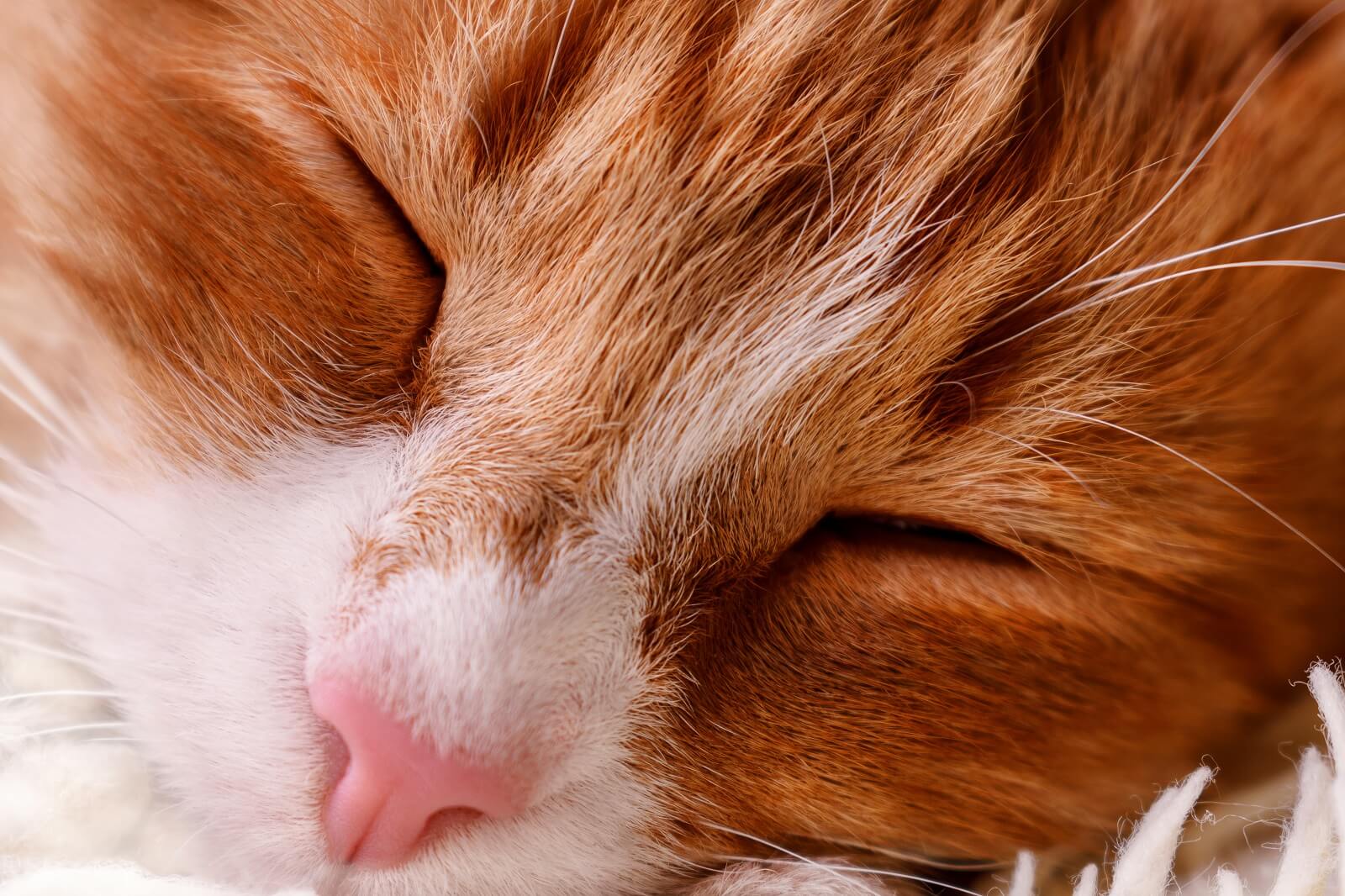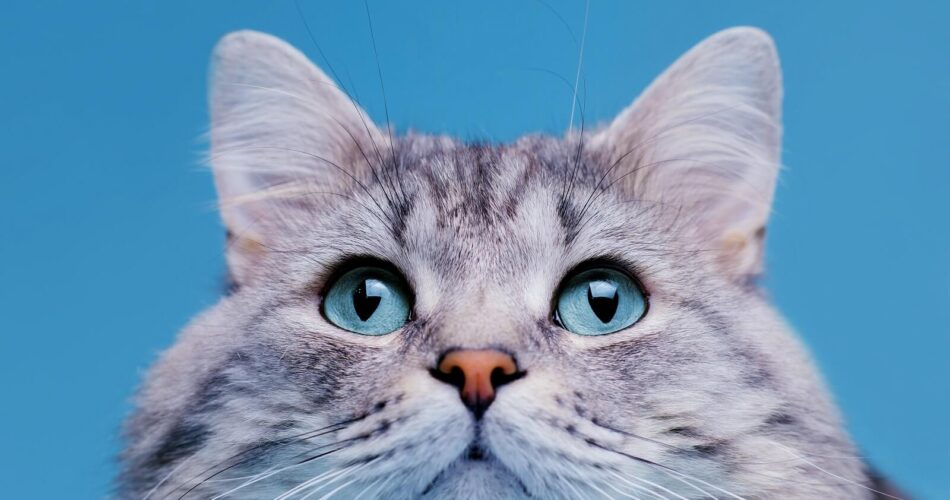Like all animals, cats have some peculiar traits and characteristics. Most cat owners often wonder about these kinds of things. Is it normal? Should they call the vet? And when it comes to a wet nose, such questions arise.
For first-time cat owners, when their feline friends rub their noses against them, they start to wonder why their cat’s nose is so wet. There are different myths and reasons why cats could have wet noses.
We have written a simple but beneficial article that would help you understand your cat a little bit more. Read on as we talk about different reasons why your cat has a wet nose.

Why Are Cats Noses Wet?
In your delicate, beautiful cat are dozens of different biological and physiological features necessary for their daily lives. Some of these traits help them survive almost any situation, interact with people and other animals, and boost their overall livelihood. Their bodies are well adapted. Their tiny wet noses are an essential feature. A wet nose can tell a lot about your cat’s feeding, mood, and general health. A cat’s wet nose is completely normal, and you shouldn’t freak out, asking why your cat’s nose is wet.
What causes the wetness of your cat’s nose is usually fluid production from sweat glands on the nasal planum (hairless nose skin), and another reason for the moisture could be the drainage of the inferior tear duct (lower tear duct), which typically empties normal tears from the eye.
Generally, your cat may have a wet nose because of its behavior, environment, or secretion levels. These factors change with time, so your cat’s nose could go from cold and wet to warmer or dryer. If you check and see that there are no signs or symptoms of an illness, there is nothing to worry about. The best way to be sure about what is going on with your cat is to get to know your cat very well. That way, you could easily tell if something is long.
Here are some reasons why your cat may have a wet nose:
The Environment
Temperature and humidity largely affect the chances of your cat having a dry or wet nose. Sometimes these affect the wetness more than their health. When there is warmer weather outside, moisture will form on your cat’s nose and cause wetness because the air it’s breathing in is cooler. When winter comes with lower temperatures accompanied by strong cold winds, moisture could be quickly depleted from your cat’s nose and cause a dry-feeling nose.
Grooming
In the process of meticulous grooming, your cat may end up with a wet nose. Cats are neat freaks, always washing and grooming themselves. After a long time of licking their bodies vigorously, they can rub their cold, wet nose against you when they say hello.
Water Bowl
As much as many cats hate water, there are a couple of them who enjoy the comfort of their face in their water bowl. Because water is clear, it may be hard for them to identify the depth of the container, and so their entire face might already be in the bowl before they realize. This sometimes hints pet owners that their cat’s dish is getting empty and in need of a refill.
Illness
On a serious note, when your cat has a wet nose, it could actually be a sign that your cat isn’t in the best conditions and also has a runny nose.
This could be symptoms of an upper respiratory infection that could be caused by bacteria or viral conditions. A wet nose could also be a result of feline herpes. Look out for other symptoms such as red or watery eyes, clear or discolored mucus discharge, and a wet, drippy or runny nose if you suspect that this may be the case with your cat. Changes can be so slight that we could easily miss them, and cays are professionals at hiding their illnesses sometimes, so it is advised you keep a close watch if you think they are not feeling well.
While many people may suggest that moisture on your feline’s nose could be a sign of health issues, that is not the case. A cat’s wet nose has a couple of functions such as;
It helps in thermoregulation: the wetness of a cat’s nose has a role in regulating body temperature by cooling through evaporation.
It improves their sense of smell: Being wet helps scent particles stick stronger, amplifying the sense of smell.
Why Is My Cat’s Nose Dry?
While it is very common to find your cat with a wet nose, you could also easily find some cats that have dry noses. In most cases, it is usually just a natural occurrence, but it could be an issue that requires a visit to the vet. Some of the reasons why your cat’s nose is dry include;
- Regular licking or grooming,
- Too much time laying in the sun or near a heater,
- Bad air circulation in a room.
However, these reasons alone are no problem because a simple change of the conditions and the nose will moisten. Dryness could also be a racial attribute. Some cats could have dry noses that occur naturally.
The interesting thing is that many cat owners may not experience any of the wetness or dryness. In a big household, your kitty might rub his moist nose against someone else before coming in contact with you. Or the temperature around your home may be optimum that your cat’s nose would just be normal.

Final Words
‘Why is my cat’s nose dripping wet?’ ‘Why is my cat’s nose always wet?’ are some of the questions many cat parents are puzzled with. We have been able to explain all of that in detail with the article, but let’s give you a quick recap.
First, it is totally fine if your cat has a wet nose. Don’t panic. Also, the wetness is caused by various unharmful reasons. However, in cases of dripping wet noses, contact your vet because it might be health-related. Are there other questions or remarks you might have? Feel free to reach out to us.

